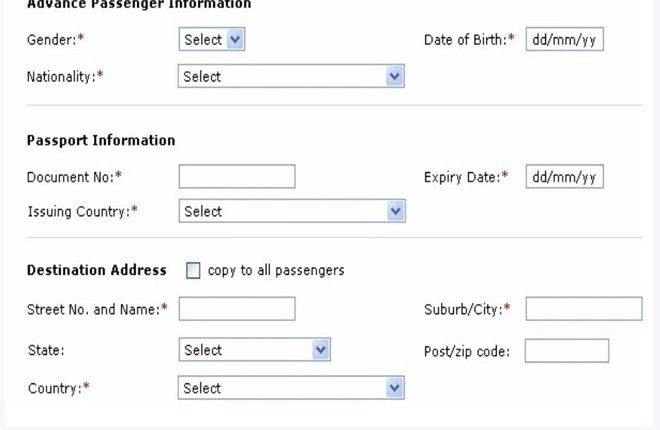Advance Passenger Information Bill passed to tighten safety and security across borders
(SKNIS): The Advance Passenger Information Bill 2017 was read a third time and passed into law on Tuesday, May 23, during the Sitting of Parliament, with the objective of facilitating the provision of advance information relating to passengers and crew members of an aircraft or vessel to share information with other states with a view to identifying persons who may pose risks to security and safety and for matters connected therewith.
“The subject matter of the sharing of advance passenger information came into vogue sometime in 2006 and has now become an international best standard practice in relation to travel, and more and more countries have become involved with the provision of advance passenger information,” said Dr. Harris. “At the crux of it is the need to ensure the safety of receiving member states of passengers on board a vessel, and in this regard advance passenger information is defined as information or data concerning a crew member, a passenger or any other person traveling on an aircraft or vessel as set out in schedule 2.”
Prime Minister Harris explained that in 2014 the Advance Passenger Information System (APIS) became a United Nations (UN) member state requirement when “Resolution 2178 was adopted by the United Nations Security Council” (UNSC). He added that gaps in this original system were tightened by UN Security Council Resolution 2309 that was passed in September 2016 as a means of restricting the flow of foreign terrorists, noting that the UN Security Council Resolutions have also met with the favour of the International Air Transport Association (IATA).
“What then we are attempting to do through the legislative route is to ensure that the legislative provisions in St. Kitts and Nevis are in sync and congruent with our international obligation and our obligation in particular, as a responsible member of the international community to do what we can to ensure the world is a safer place,” he said. “The Advance Passenger Information System is an electronic data interchange system which provides identification details from passport and basic flight information and commercial and other carriers and vessels in advance to the destination or country stay. What this is intended [to do] is to give the receiving country advance notice of those persons who are about to enter into their jurisdiction and for them to take the necessary information into account to determine whether there is a risk to their national security”
Premier of Nevis and Senior Minister in the Federal Government, the Honourable Vance Amory, supported the Bill, noting that it is a very important piece of document.
“This Bill, which is requiring the provision on the movement of people by aircraft or by any other means of transportation from place to place is very important. I think that the fact that this government has decided to bring this Bill to be debated and to get the support of Parliament… is testament of our willingness to be part of the effort of the international community to do our part to ensure that we provide a safer world for us to live in,” said the senior minister.
The required information of a passenger includes bio data such as the full name (as shown on travel document); gender; date of birth; nationality; country of residence; type of travel document; travel document number (expiry date and country of issue); as well as the address of where the passenger will be staying.
The APIS was established by United States Customs and Border Protection (CBP). The system, in a nutshell, enhances border security by providing officers with pre-arrival and departure manifest data on all passengers and crew members.

